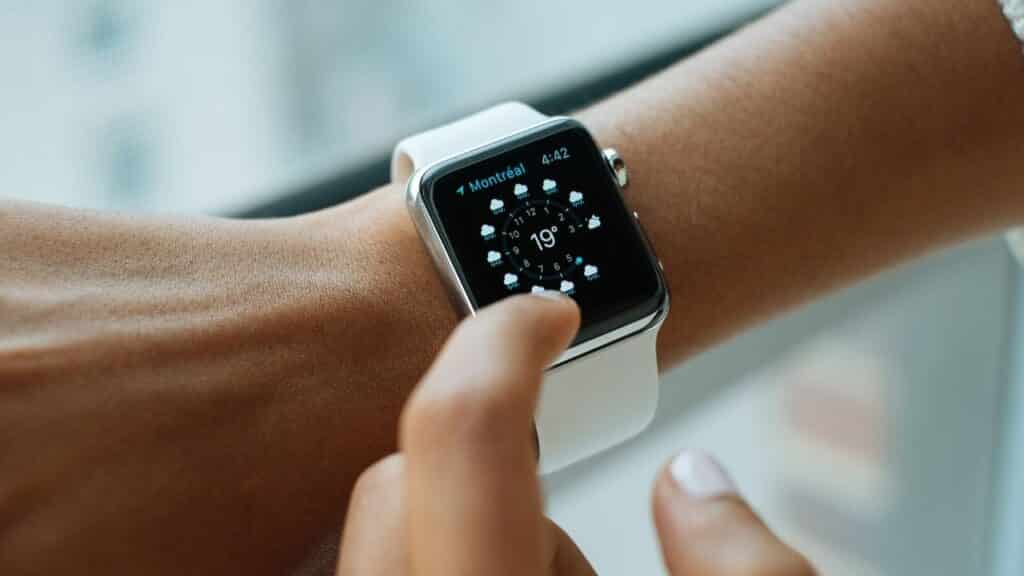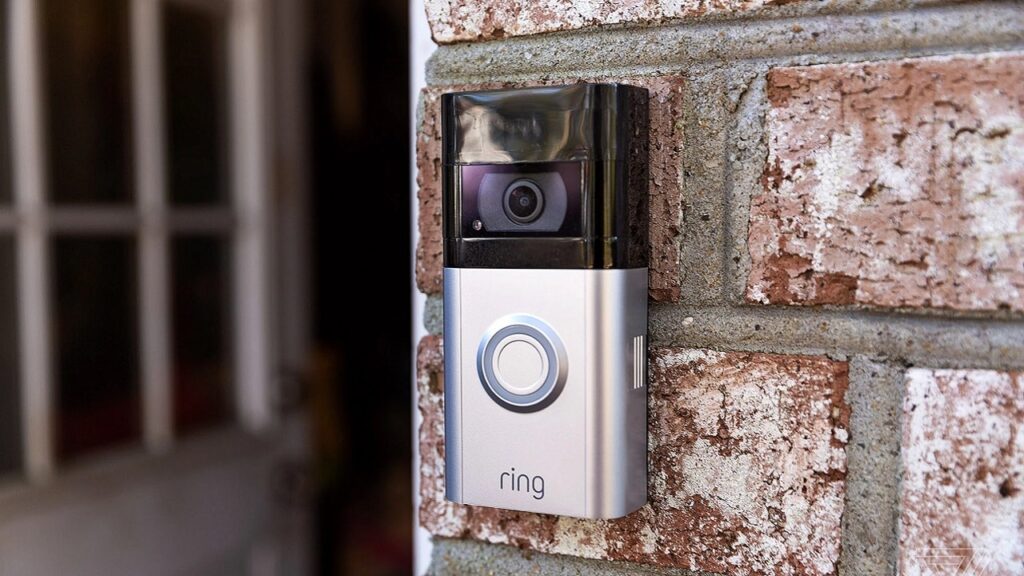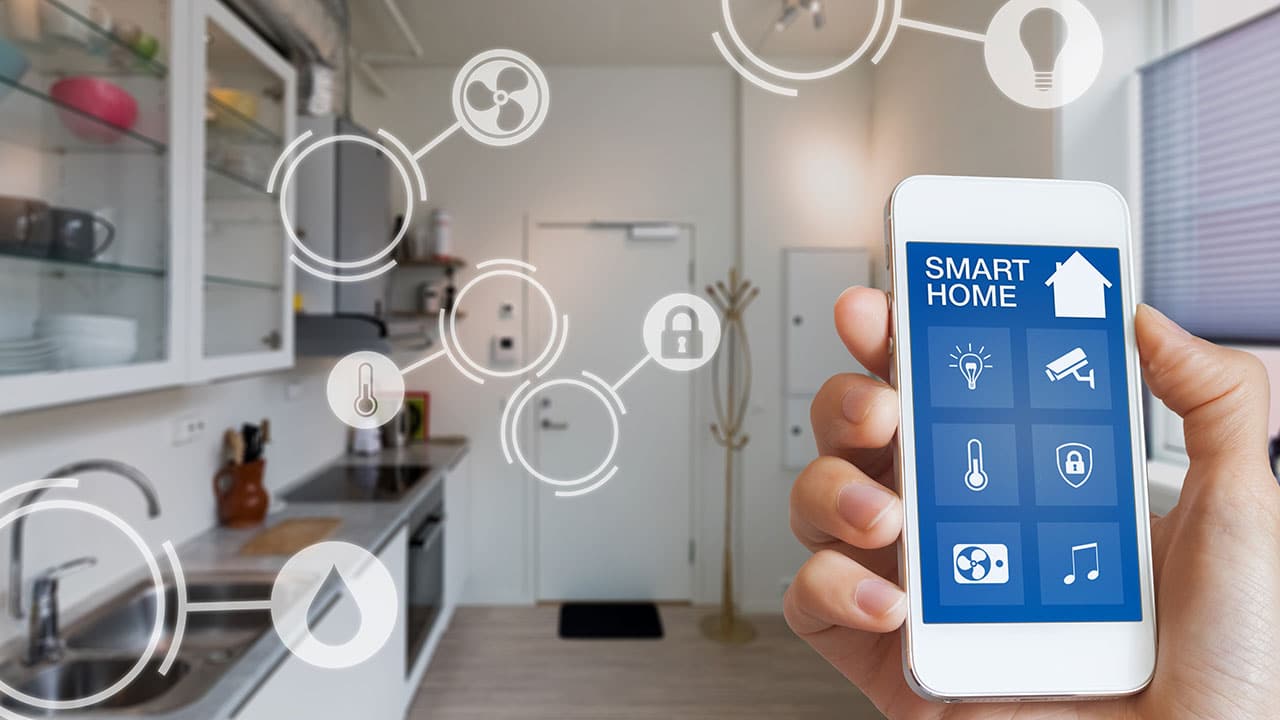Amazon recently announced the acquisition of iRobot, adding the robot vacuum cleaner to its home surveillance suite, smart Ring doorbell and prototype drone. All devices powered by oneArtificial intelligence able to constantly monitor our life – in some cases at the risk of becoming invasive -. But if we consider that technology seems unstoppable as regards the production of smart devices based on the automatic learning of our habits, this bridges us with a rather complicated question: how to protect privacy in a world increasingly dominated by AI?
Privacy in the age of Artificial Intelligence
At present, we can consider ourselves as having two different forms of privacy. One exclusively digital, which includes all the information of our life in cyberspace. And one that we can define analog, which concerns our physical world. And while it has been far from easy to defend online privacy so far, now it seems that it is starting to be difficult to do so even offline. Our homes, our offices and even ourselves are constantly connected to devices connected to the Internet: smartwatches, smart light bulbs, refrigerators, scales, toasters, doorbells and even front door locks. All interconnected devices, that they constantly record what we do everyday. Our position, our weight, our eating habits and so on.

Smart devices monitor us 24/7, and giants like Amazon e Google they take care of collecting all the information concerning us, so as to get to know us better. In this way, companies will be able to use the data we provide to them to feed us advertisements on products that meet our needs. On the other hand, all of this makes our life much easier. We no longer have to worry about turning on the light when we come home tired from work. And we don’t have to think about the film we can see to spend an evening with friends, because there is already “something else” that does it for us.
But what if something goes wrong? What if someone could access all of our data and find that we spend too much time away from the desk when we are at work? Or what if our smart fridge ordered a surplus of food by mistake? After all, letting private companies use our personal data can be unsafe. That’s why it’s important to understand how to protect privacy in an era dominated by machine learning.
How to protect privacy in the age of AI and smart devices
Using a smart device, whatever it is, implies the need to accept the terms of service and the privacy policy of technology companies. But how many of you have ever really read them? In general, in fact, these are very long and tedious texts, often not easily understood by the average user. Therefore, we all end up accepting them, without really knowing – or almost – what they are. In this sense, there seems to be no answer to the question of how to protect our privacy, but this is not the case. First of all, it must be considered that all digital services must have four editable levels of privacy:
- Level 1in which no information about you other than your username, email and password is stored
- Level 2which includes keeping your information about you to provide you with a better service, but not sharing it with anyone else
- Level 3which implies the possibility of sharing the information collected about you with sister companies
- Level 4in which all information collected by the user is considered public.
Taking this classification into account, you have the option of change the privacy level with a simple click from the settings page. And whatever changes you make are to be considered retrospective – by selecting level 1, the company will have to delete all your information except username, e-mail and password -. Also, all data beyond level 1 of privacy must be eliminated after three years, which is a form of security to your advantage. Beyond this, however, there is no real way to steal our personal information from the tech giants. Assuming you don’t want to try to stop using smartwatches, smartphones, smart bulbs, social media and who knows what else.

This view, however, ends up being excessively negative. In fact, in recent years theEuropean Union proved to be very proactive in terms of regulation of the tech sector. And the General data protection regulation (GDPR), the Digital Service Act (DSA) and the Digital Market Act (DMA). As well as some actions taken by local governments. All this suggests that in the future, technology companies could launch smart devices equipped with an AI capable of protecting privacy of users. The optimal solution would be that of a system that knows how to distinguish which data to share with companies and which not. Or we can imagine a future where AI is small and smart enough to run on the device itself, without having to send data elsewhere.
Whatever happens, for now the important thing is to be able to protect our privacy, without giving up the possibility of using AI and smart devices. And now you will finally know how.















Leave a Reply
View Comments